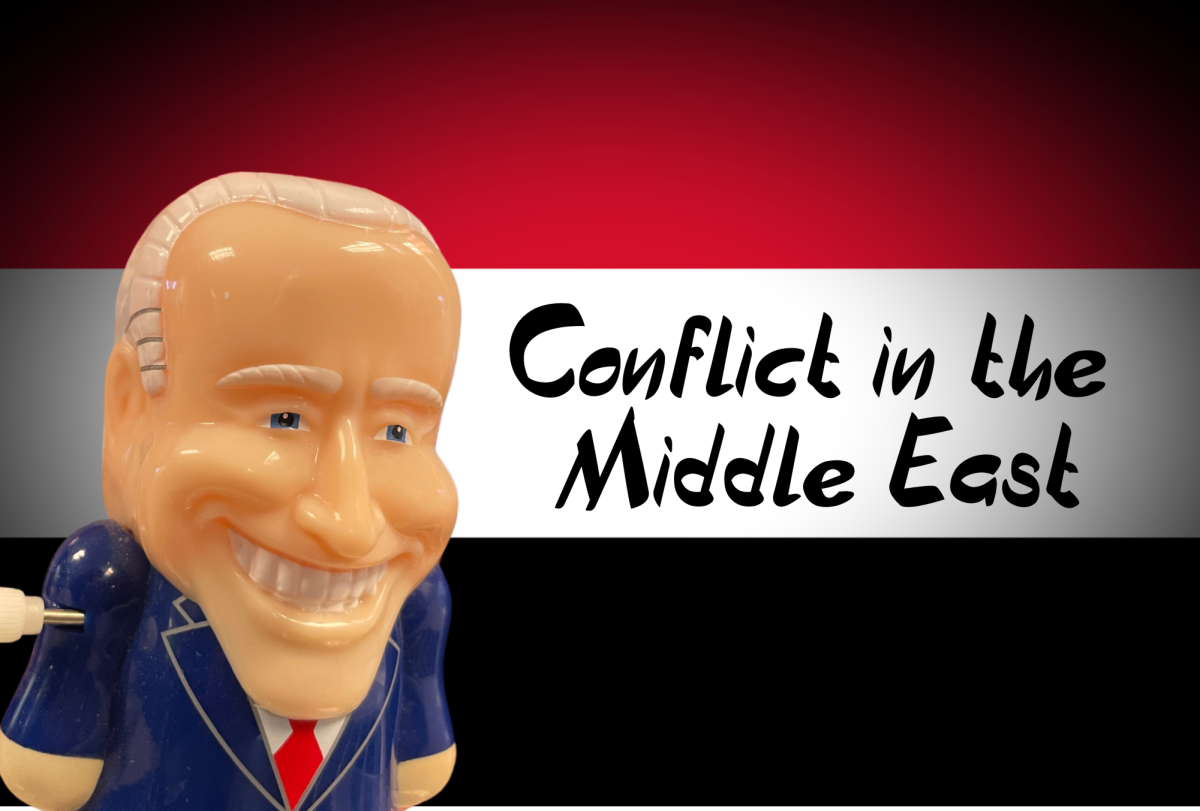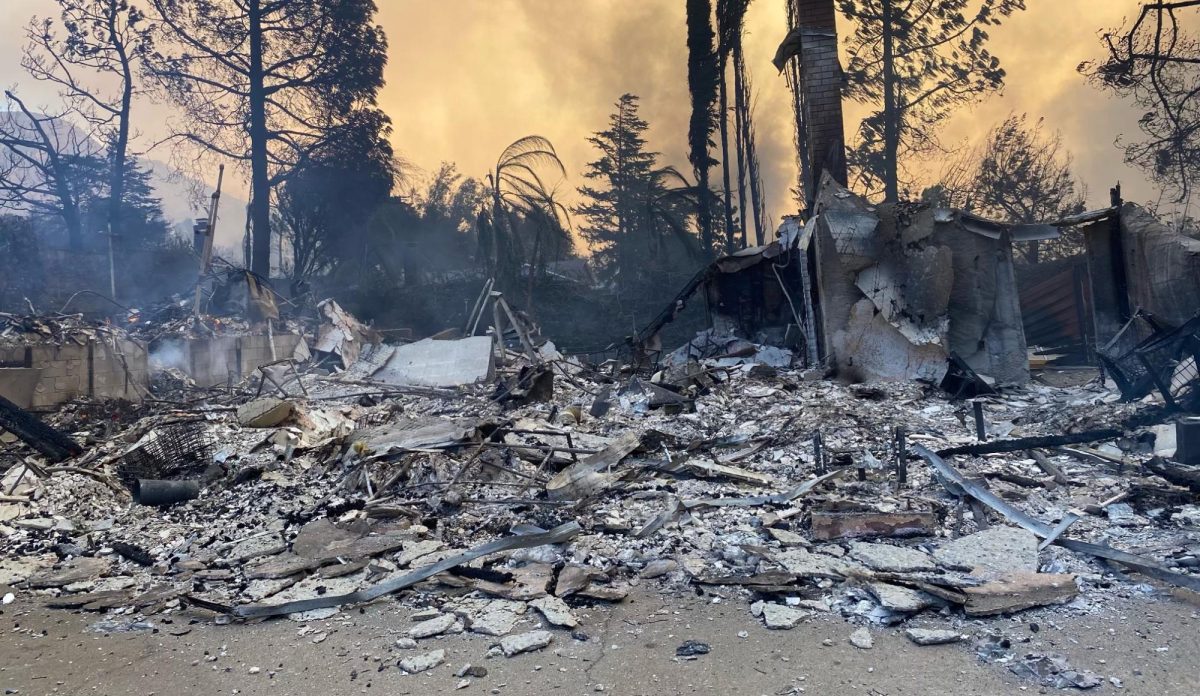Since late January, American military forces have been heavily active in the Middle East due to attacks on trade routes within the Red Sea. Interference by violent groups has raised prices for goods around the world.
The Red Sea in the Middle East often serves as a shortcut for global trade. Shipping vessels can cut through their journey and deliver goods to countries much faster. The Red Sea serves as a route to the Western world such as Europe and America. As such, it’s often under heavy protection from multiple countries and a vital lifeline for global trade.
“The countries of Europe don’t have the naval infrastructure to go out and police the world. They definitely don’t have bases around the world like the United States, so many countries often look to the United States to be the protector of global trade or world police,” said US History Teacher Christopher Murphy.
The instability of the Middle East brings high tension for security. Higher authority entities often fund like the Houthis to disrupt these routes. In response to these attacks, on Jan. 11, America launched a large-scale bombing run against the Houthis.
“These strikes are in direct response to unprecedented Houthi attacks against international maritime vessels in the Red Sea — including the use of anti-ship ballistic missiles for the first time in history. These attacks have endangered U.S. personnel, civilian mariners, and our partners, jeopardized trade, and threatened freedom of navigation,” said President Biden in a press release.
The press release stated that more than 2,000 vessels have been forced to divert, which is causing world trade delays.
“I feel like countries like Iran are bad actors in the region. They often fund groups that launch attacks against trade routes controlled by Western powers as interference. They do this indirectly, as they get deniability if blamed for these attacks,” said Murphy.
Despite the fights happening thousands of miles away, the American economy might see small ripple effects from the impacted trade. Even though the bombings aren’t on home soil, consumers will notice small price raises and lesser goods.
“Since there isn’t any conflict on our own land, there aren’t going to be large impacts on the economy. Oftentimes it depends on the consumer, from where they buy their goods from and where they are often made,” said AP Macroeconomics Teacher Samuel Weaver.





















